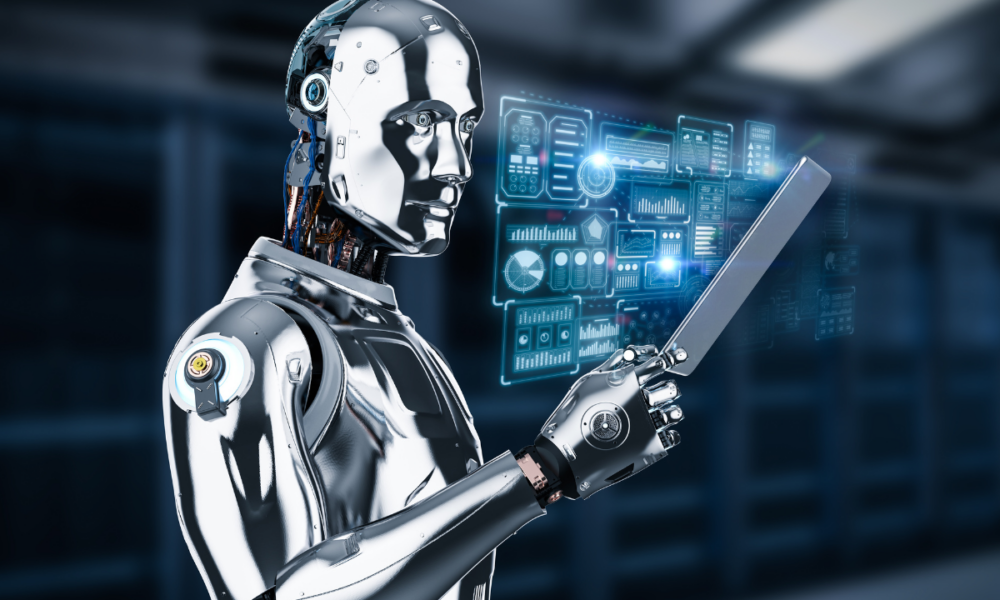For a number of years before Covid-19 the symptoms of a talent gap were evident, especially in technology and other STEM related disciplines. For many, the pandemic seems to have faded away, almost as if that period was something we’d rather forget. And for some, that’s probably the truth of the matter.
Unfortunately, for recruitment and HR teams, the pandemic and consequential effects, such as The Great Resignation, now perpetuate and amplify the skills shortage. Covid-19-related physical and mental health problems, burnout, early retirement and career-changing are some of the main factors that have led to a serious increase in the talent gap.
In some sectors and niches, recruitment is reduced to little more than ‘A Great Reshuffle’, where those with the right skills move from job to job on a whim and can sell their capabilities to the highest bidder.
Generally, the arrival of any new technology, such as a computer language for example, creates something of a short-term vacuum where there is a lack of specialised knowledge and skills to perform coding effectively.
Over time, sufficient numbers of people acquire the necessary know-how through upskilling, cross-training and on-the-job experience, and eventually the world catches up and the gap closes.
But what happens when there is a more fundamental shift in technology as a whole, and the absence of skills cuts across sectors and niches, presenting as a systemic problem?
The advent of artificial intelligence (AI) may well see the talent gap develop into a gulf – a more systemic lack of know-how. ChatGPT, the most well-known large language model (LLM)-based AI debuted on 30 November 2022. Since then, technology has been a dominant topic in the media, and for good reason – it represents a seismic shift in how people do their work.
Whether it is knowledge workers or those engaged in manually skilled and unskilled work, AI software, or software-enabled hardware, tools and devices are quite probably going to be used to assist as a co-pilot, improving aspects such as efficiency, accuracy, speed and risk reduction.
Beyond the raw capability of AI, what it means for business and the exciting prospects for its further development, the technology poses some more fundamentally far-reaching questions for human civilisation and societies.
In the context of the talent gap for recruitment and HR, the rapid proliferation of artificial intelligence in the workplace is something of a double-edged sword.
AI can automate tasks and improve efficiency, increasing the effectiveness and productivity of those who possess in-demand skills. However, its growing presence creates a new kind of talent demand; people who have the skill sets to understand, develop, manage, and leverage AI effectively. Essentially, it precipitates the arrival of a new breed of worker: The AI-savvy professional.
Broadly, there are two types of worker here:
AI may well present exciting opportunities; however, it’s crucial to address the potential gaps in both talent and competitive advantage that it creates.
Jobs requiring repetitive or data-driven tasks may be automated, displacing workers who are not provided opportunities to adapt, leading to unemployment for those who lack the training or education to transition into AI-oriented roles.
If the benefits of AI accrue primarily to organisations with access to skilled talent, it is likely to exacerbate the gap, condemning those unable to leverage AI, leaving them way behind.
Consequently, the key to ensuring as many as possible benefit from the AI revolution is to make current workers and up-and-coming generations fully conversant in all things AI.
Recruiters, employers, trade bodies and government departments are key players that need to participate in proactive strategies to ensure the benefits of the AI revolution are dispersed as widely as possible. High-level objectives include investing in upskilling programs, promoting accessibility to AI education, and promoting AI literacy for all.
These can be effected through a range of tactical interventions, such as:
Some observers characterise the current flurry around AI as a ‘race for AI supremacy’. This runs counter to the idea of technology as an equaliser and a force for democratisation because the term perpetuates competition, amplifies disparities, ignores ethics, and undermines collaborative efforts for inclusive AI innovation.
True democratisation of AI requires prioritising ethical principles, global collaboration, and empowerment of diverse stakeholders to ensure that AI technologies benefit humanity as a whole. Whether those ideals materialise is yet to be determined!
ETZ leading recruitment back office software solution streamlines the back office processing of your recruitment agency. Our complementary solutions to our leading timesheet and invoicing solution, are ETZ Comply for onboarding and document management, and Caspian for business intelligence. These give agencies further capability to streamline and uncover opportunities.
To find out more call us on 0800 311 2266 or book a demo.


Releasing the potential for growth Technology has proved transformative to the recruitment industry, with its benefits most strongly felt by...
Read more

Stimulating the job market and increasing opportunities for recruiters There is much speculation about the UK Budget scheduled for 30...
Read more

AI developing at astonishing pace To say that the recent rise of AI has been meteoric would be to do...
Read more